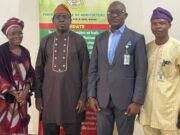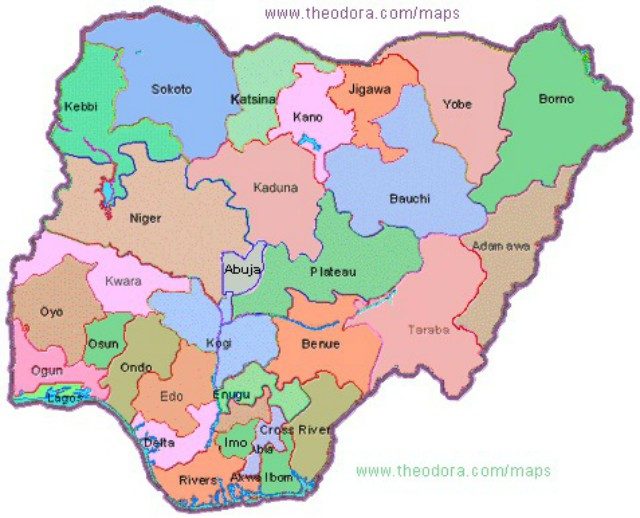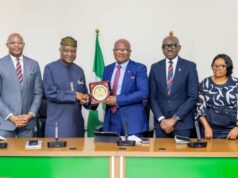A team of young researchers from the University of Ibadan has noted that the Nigerian rural populations are highly vulnerable to the negative impacts of climate change, and called for a participatory approach.
The researchers, working under the project entitled Education for Sustainable Development in African (ESDA) – Next Generation of Researchers (NGR) came out with these findings in a research work titled “Integrating adaptive management strategies in coping with climate variability impacts on farming households in forest communities of Nigeria”.
ESDA – NGR is an inter – university team of young – less than 40 years of age – researchers appointed by their Vice – Chancellors, with the mandate of carrying out necessary actions in elaborating common and emerging research agendas and implementation of joint researches.
The research work which was done in three agro – ecological zones of Nigeria, namely; Rainforest, Savannah and Mangrove, was undertaken by Dr. Olushola Fadairo, Dr. Samuel Olajuyogbe, Dr. Tolulope Osayemi, Dr. Olufolake Adelakun, Dr. Nathaniel Olutegbe and Dr. Oluwaseun Adeleke.
Presenting their findings at a research uptake seminar, which took place at the Centre for Sustainable Development (CESDEV) of the University of Ibadan on Monday, the young researchers identified poverty, poor housing conditions and unemployment as some of the negative impacts of climate change on Nigerian rural communities.
Speaking further at the research uptake seminar declared opened by CESDEV’s Director, Professor Olanrewaju Olaniyan and chaired by O.B. Oyasola, the researchers declared Nigeria has a weak climate change adaptive capacity and mitigation strategies despite the fact that the country is seriously threatened by this phenomenon.
They added that “the magnitude and direction of climate change impacts on agriculture as the main rural livelihood and other ecosystem components in Nigeria is largely comparable and have both positive and negative consequences on rural sustenance “.
The young researchers, therefore, suggested that there must be a participatory approach in climate change protection and adaptation, with the formulation of area – specific locally relevant and culturally appropriate interventions.
They recommended “support in forms of affordable insurance policy, credit, agric – inputs, favourable forest regulatory framework and youth empowerment would enhance sustainable adjustment to climate change variability and change among the rural people”.
Packaged by Olugbenga Abegunrin











































































